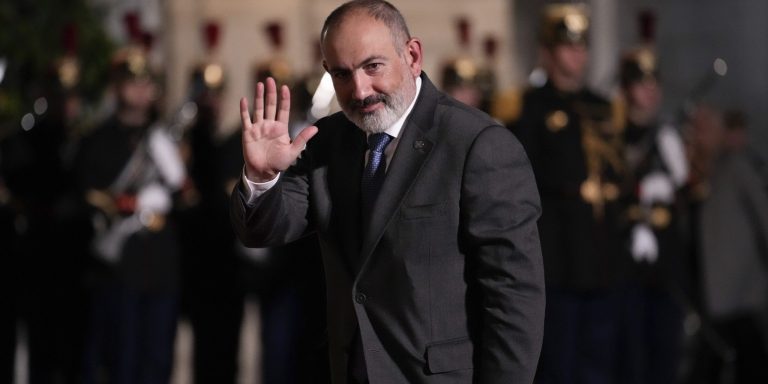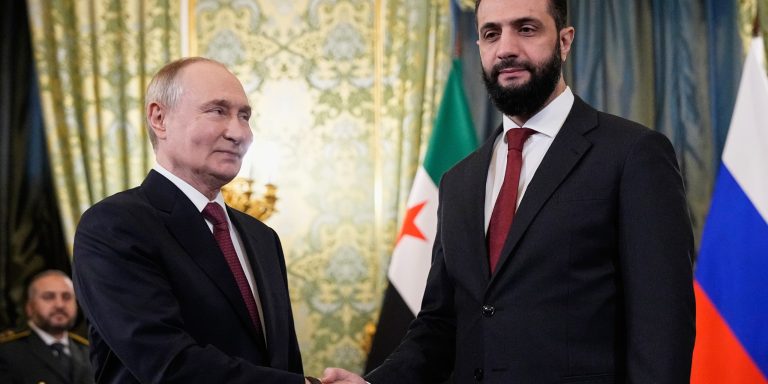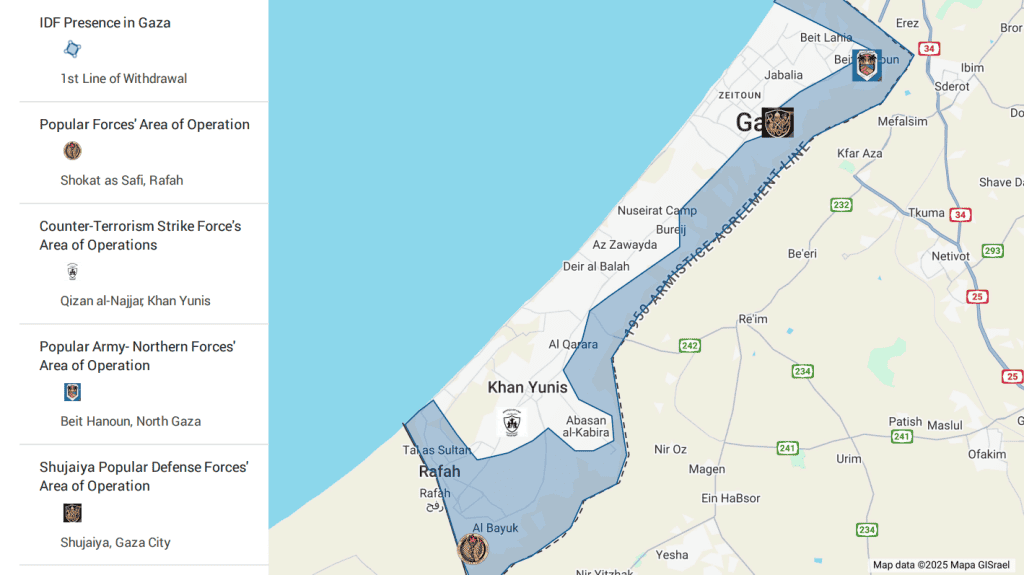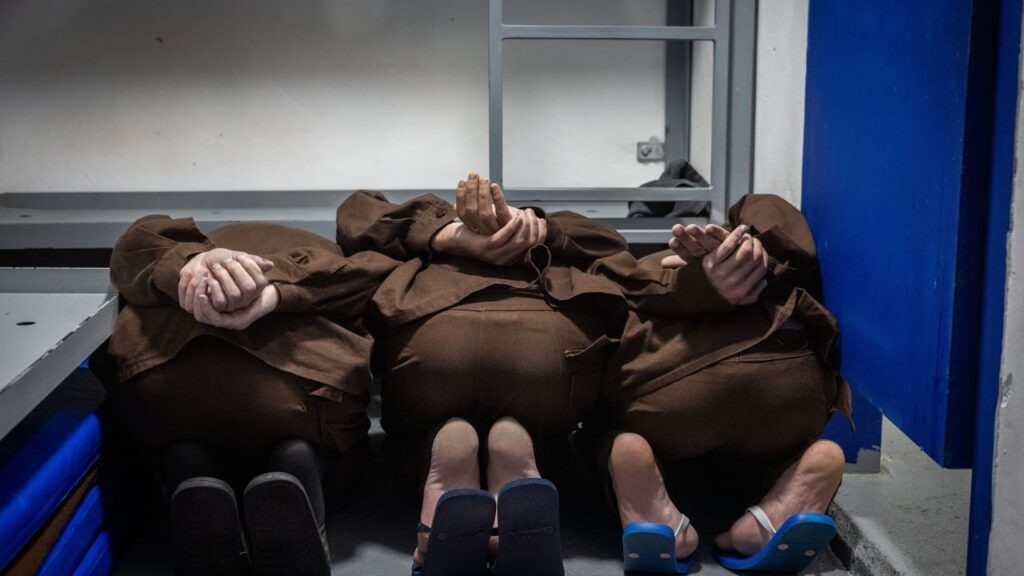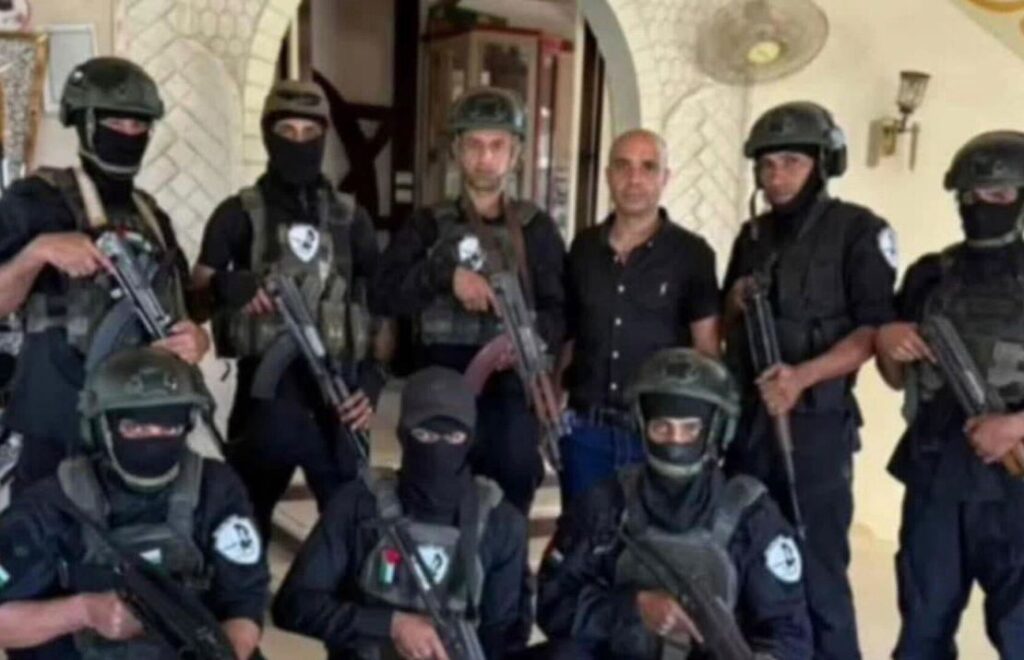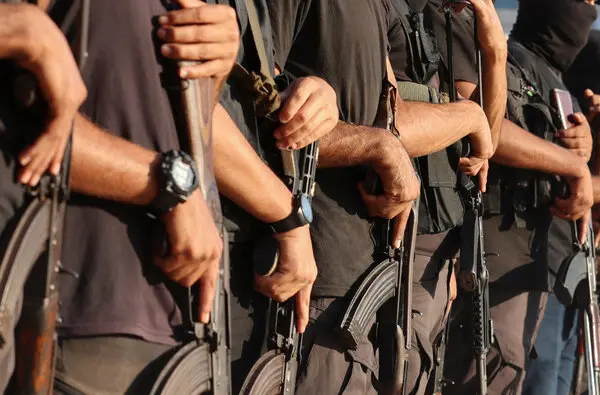What to know about the French militants who clashed with Syrian forces in Idlib

Clashes broke out this week between Syrian government forces and fighters in a camp in northern Syria’s Idlib province led by an internationally wanted French militant.
The clashes come at a delicate moment, as Syria’s interim authorities are trying to decide how to handle the presence of thousands of Islamist foreign fighters in the country.

